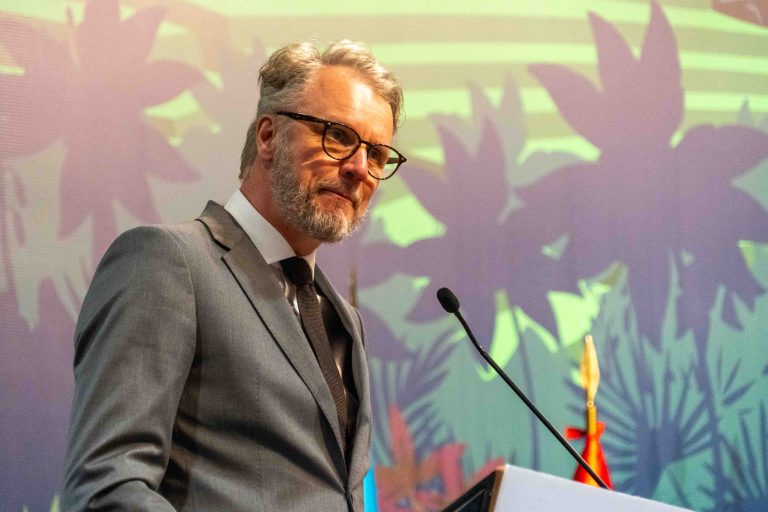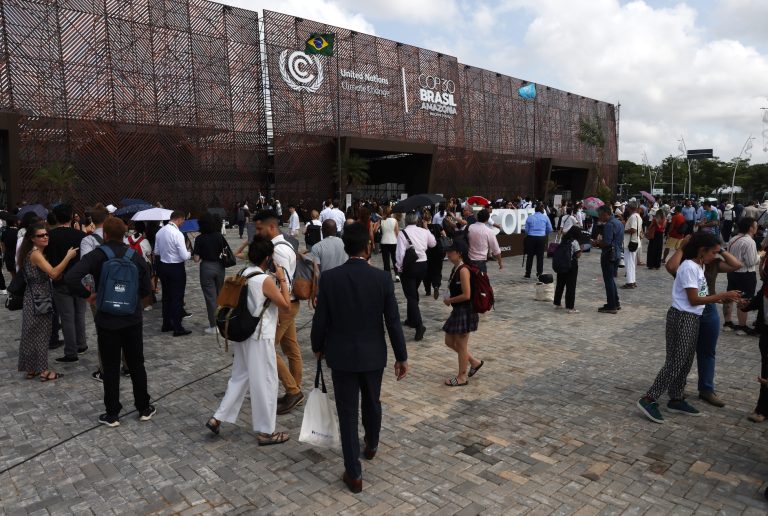At the recent FAO Global Conference on Biotechnologies for a Sustainable Future, ISF Secretary General Michael Keller and Regulatory Affairs Manager Khaoula Belhaj-Fragnière contributed to dynamic panel discussions alongside global leaders and policymakers.
Under the theme “Driving Agrifood Systems Transformation,” the conference spotlighted the power of biotechnologies—from gene editing to AI-driven breeding tools—in building resilient, sustainable, and inclusive agrifood systems. It aimed to discuss the latest advancements, opportunities, and risks associated with biotechnologies, and to examine how biotechnologies can drive the transformation of agrifood systems, ensuring equitable access and delivering meaningful impacts at all levels.
“For the first time in many such discussions, I sensed a real spirit of collaboration and possibility,” said Keller. “But the world doesn’t need more conferences—it needs enabling environments that can keep pace with science.”
In his speech, Keller emphasized three pillars for progress: co-responsibility, co-creation, and co-development. To truly scale innovation, we need predictable, science-based regulatory frameworks, de-risked investment environments, stronger public-private partnerships, and greater trust and shared understanding across all actors.
In her session, Khaoula outlined the critical role of the private sector in scaling biotech solutions and called on governments to adopt globally harmonized, forward-looking policies that enable innovation in plant breeding, especially for genome editing (see the ISF Call for Policy Actions here). She reinforced that seeds are at the foundation of food, health, and economic resilience.
She emphasized that seeds are not only the foundation of agriculture but also essential to diverse industries, ranging from food and textiles to pharmaceuticals and biofuels. As such, any policy affecting seeds will have far-reaching impacts across the entire innovation value chain.
“Every seed policy affects the entire innovation value chain, from agriculture and food to textiles, pharma, and energy,” Khaoula noted.
Key Takeaways:
-
Innovation must be locally adapted and biodiversity-supportive.
-
Regulatory fragmentation slows public access to improved varieties.
-
Clear and compelling communication about biotech is essential to building public trust.
-
Cross-sector collaboration is key to advancing global solutions.
For more information about this event, please get in touch with Khaoula. #




